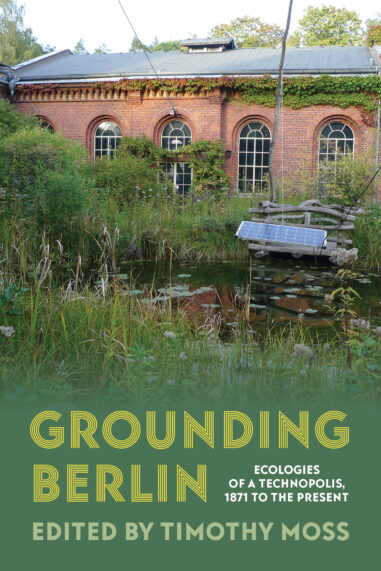Grounding Berlin explores the city’s pioneering contributions to urban technology and urban ecology in Europe and around the world over the past 150 years. Following the 1871 unification of Germany, Berlin experienced rapid industrialization and urbanization. Providing the necessary energy, water, waste removal, and land required massive interventions in the city and its surrounding region. As Berlin transformed nature in the name of urban modernism, it earned a global reputation as a technopolis. This reputation for innovation in urban technology was fanned in the Weimar Republic and revived—in very different ways—in West Berlin to cope with political isolation after 1949, to embrace a sustainability agenda in the early years of the reunified city, and to decarbonize the city today. Berlin is an instructive case study for understanding the ambitions and tensions involved in transforming environments through technology across highly diverse political regimes. More broadly, the book advances envirotech history as a productive lens for studying shifting relationships between society, nature, and technology in cities.


